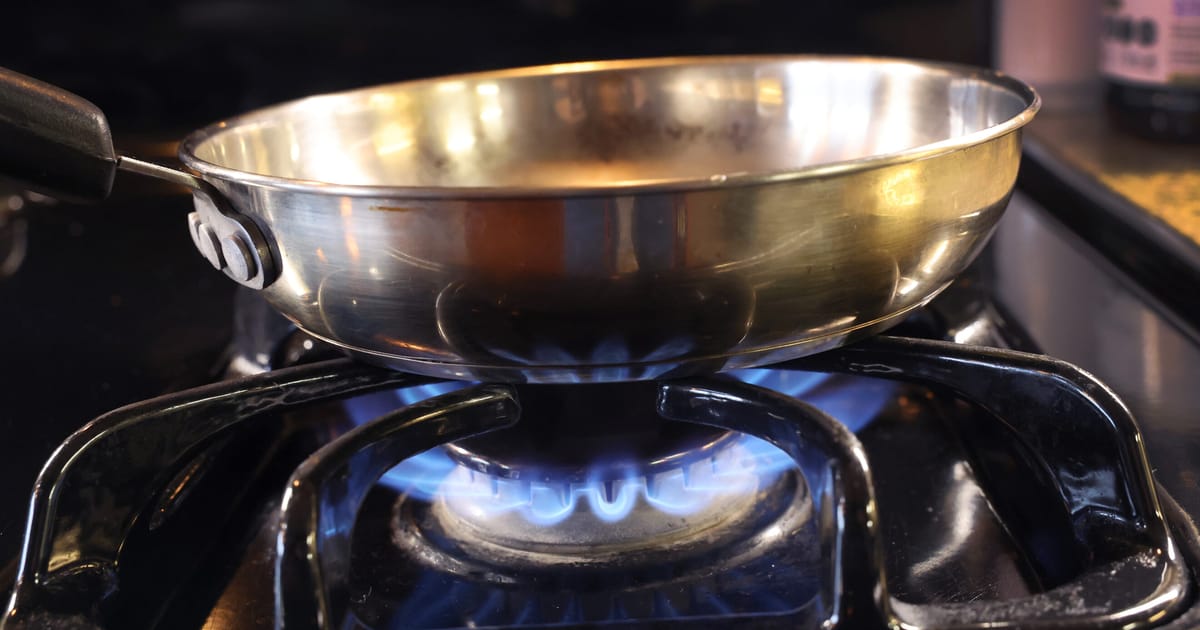The French National Assembly on Thursday unanimously adopted a bill aimed at restricting the manufacture and sale of products containing per- and polyfluoroalkyl substances — also known as PFAS or “forever chemicals.” The MPs, backed by the government, voted to exclude kitchen utensils from the scope of the text.
Thanks to an intense lobbying push, manufacturers of frying pans and saucepans — including the SEB group, which owns Tefal — are exempt from this ban under the proposed law penned by French Green MPs.
Majority groups initially tried to delay the ban on kitchen utensils until 2030 — a timetable refused by the French Green MPs who instead suggested an exemption until 2026.



Meh. It’s not that dangerous if you use a non-stick pan of good quality. And toss it in the bin as soon as the non-stick surface starts to show signs of scraping…
If you want to avoid this problem altogether you can just buy cast iron or enameled pans. But enamel is a lot stickier (and heavier) than teflon
The problem is that non-stick has been marketed heavily to the point that the majority of cheap pans are non-stick, even though there’s many purposes they’re not suitable for. For example they shouldn’t be used for high heat cooking, but how many people don’t know that? And they’re extremely toxic if the surface is chipped. Using the wrong utensils on the can chip them. Plus, there’s a number of pans out there that make it look like they’re a different material, but actually it’s just the same thing rebranded. So even if people are using them wrong, it’s very understandable why someone who’s a casual cook wouldn’t realize that they’re endangering themselves by using the pans wrong.
Yeah believe me I know all about that. My dad is a materials scientist and has been rambling about us eating Teflon for a few decades now. Using metal utensils with the non stick pans is one of the few ways to truly get yelled at in my parents’ house
Yeah, I was also in no panic but
So now I have good stainless and cast iron for about the same price but it could potentially last the rest of my life: reducing toxic chemicals from manufacturing, reducing the amount of forever chemicals accumulating in my body, and saving me money. Even better, by paying attention to the quirks of effective use of these pans, I’ve become a better cook and find the cleanup usually no worse than non-stick
Adding carbon steel to this, because I love my pan, and my mother-in-law (who lives to cook) can use it without arthritis pain. She always used to complain about the cast iron hurting her joints when she lifted our other pans.
What I’m also curious about is the ceramic coated pans. I’ve seen them advertised (I think Green Pan, whatever). I would like a lighter alternative to Le Crouset that I could cook acidic foods in.
I’m somewhat curious as well, but that’s when I reach for stainless over cast iron. There’s a balance there: I think some people overreact when usually cooking acidic stuff is no problem. Of course I also don’t cook long simmering stuff like pasta sauce so I don’t need to pay much attention.
I do also use a crock pot, which is ceramic and has at least some overlap with long cooking acidic foods that may be tainted by stainless or cast iron
I only know what I’ve read online about ceramic:
My decision was based on wanting something more permanent so I didn’t have to buy it again, and it’s nice to be able to rediscover metal utensils